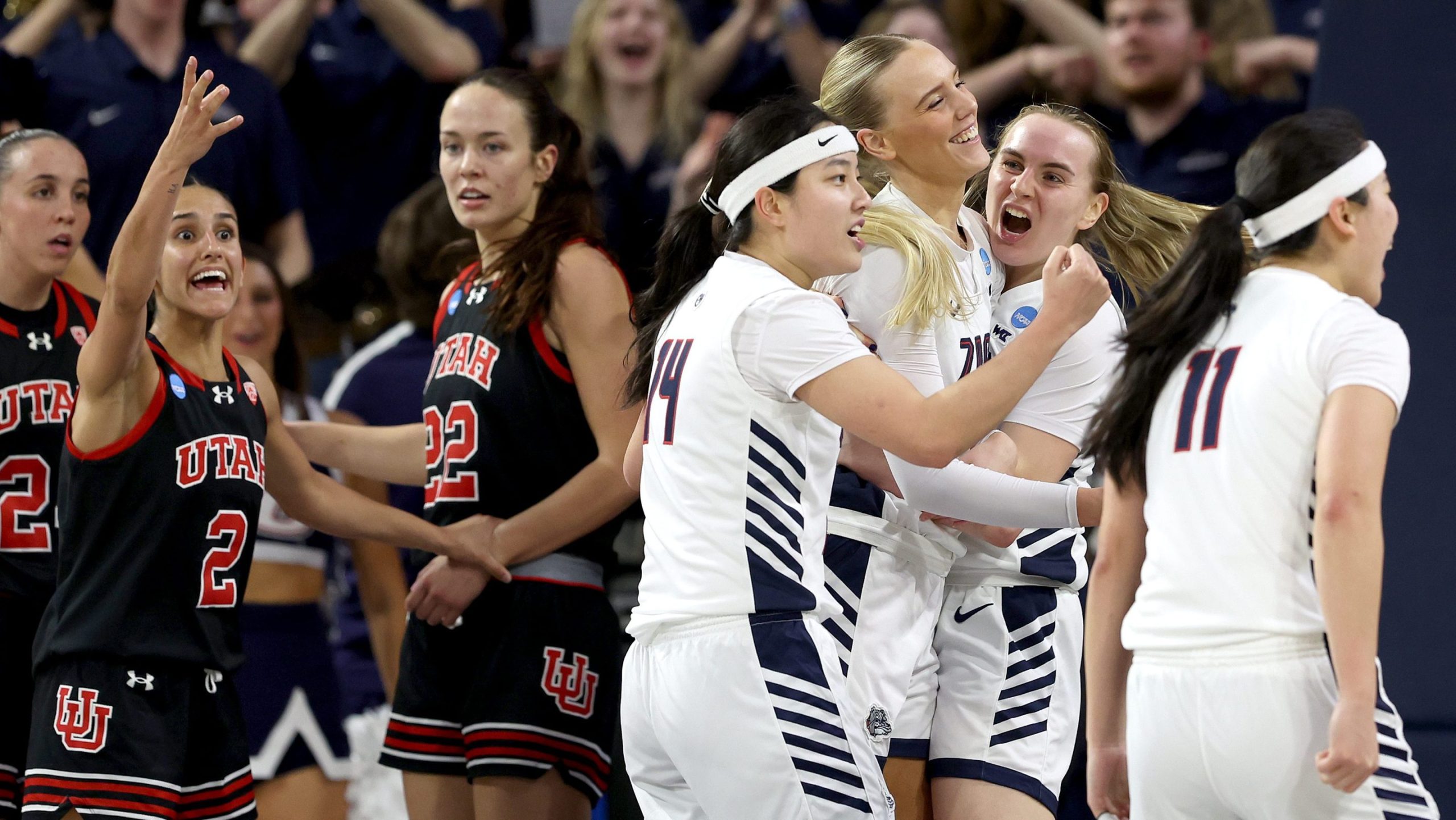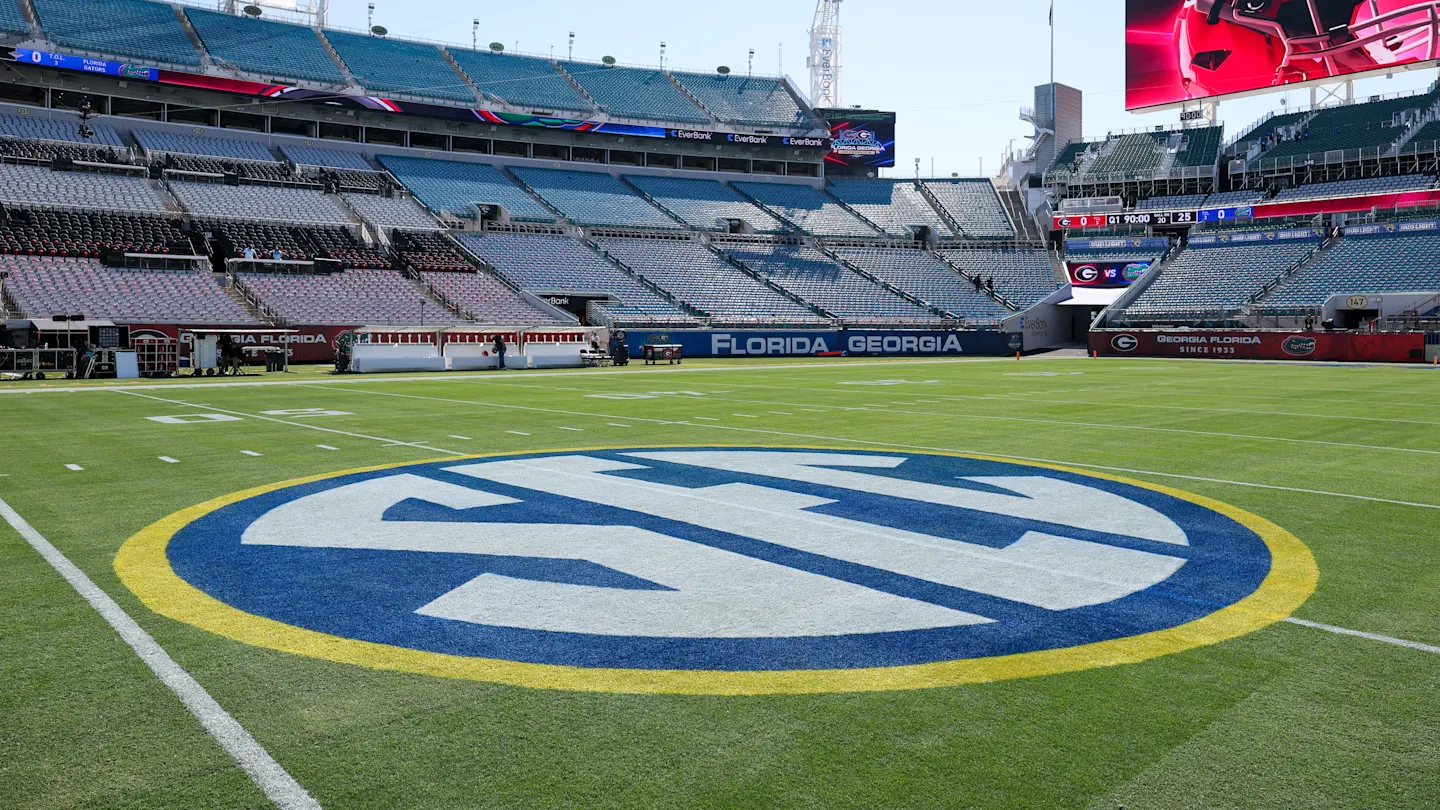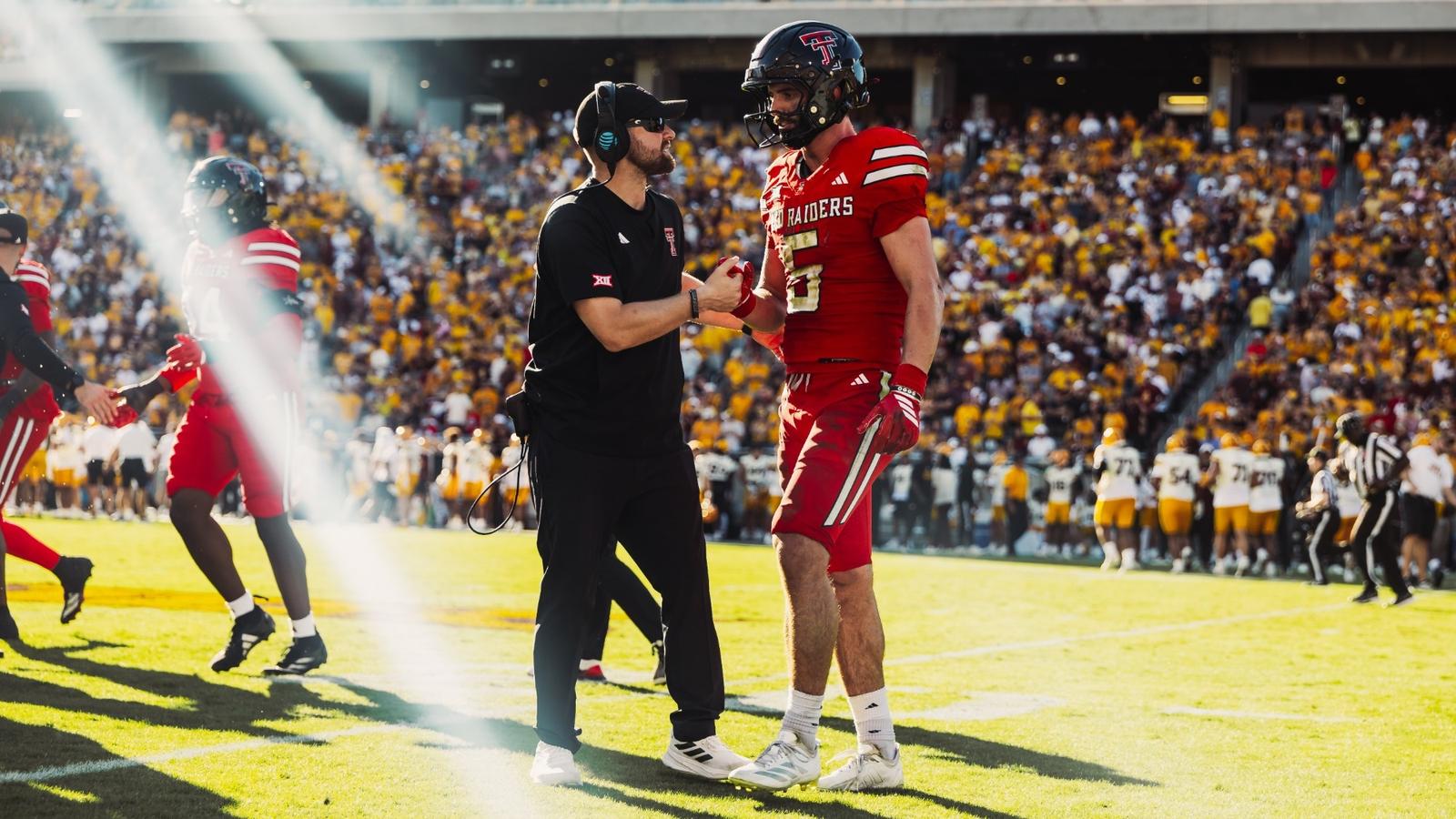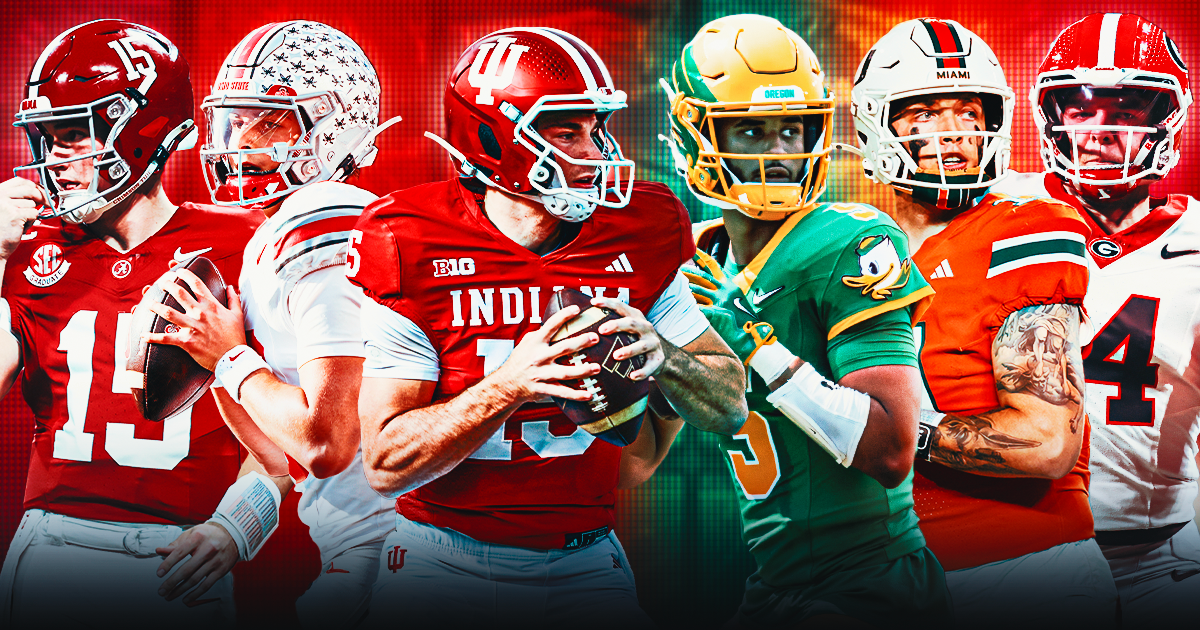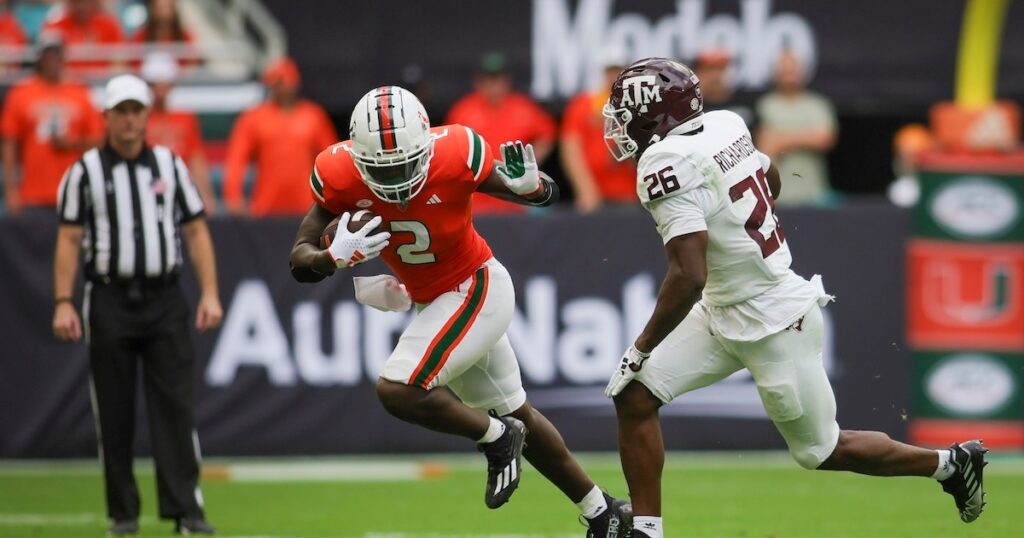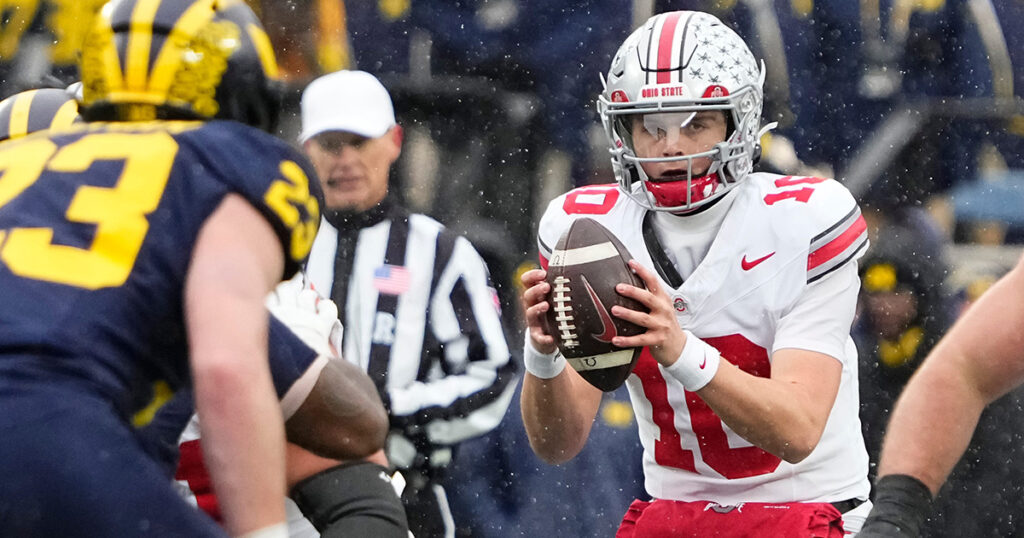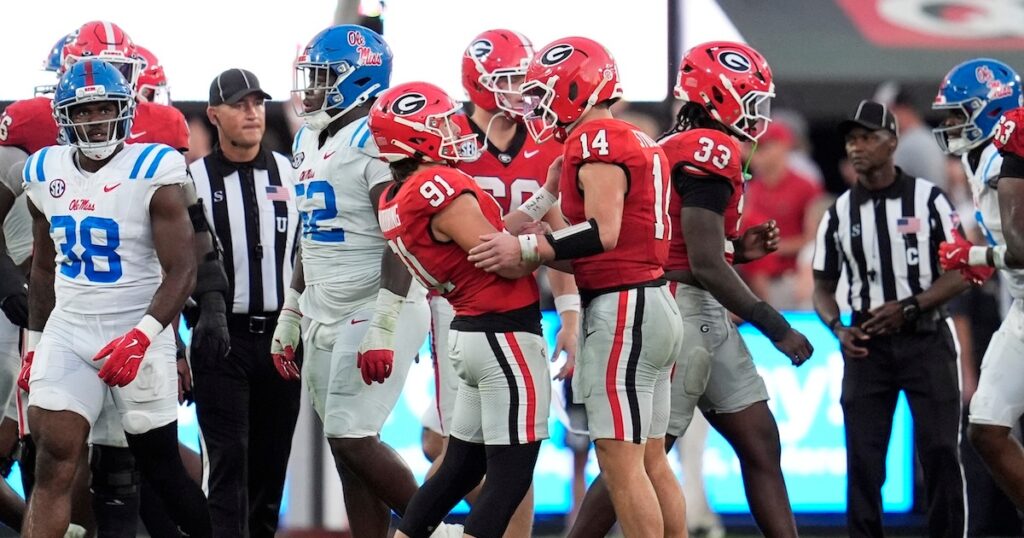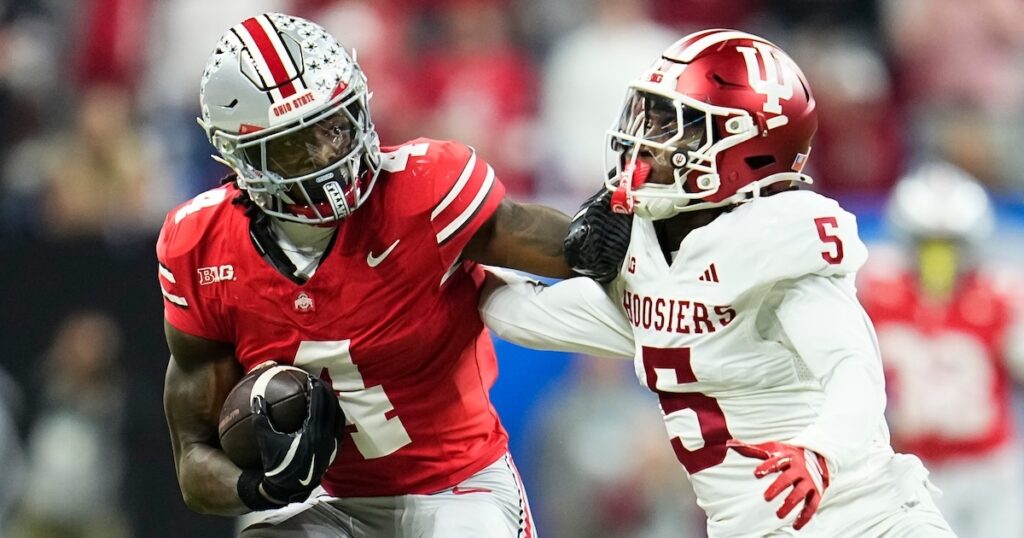Name, image and likeness, or NIL for short, has become a pivotal factor in recruiting and drawing in transfers in college football and will remain a factor whether fans like it or not.
The question is, how should Iowa State football spend its limited budget of money that can be given to players to try and draw them into its program?
Offense
I was having a conversation with my dad over the past weekend, and he said something that really stuck with me in regard to NIL. Allocating the NIL budget to an offensive line benefits every other offensive position.
As was said in the 1989 film “Field of Dreams,” “If you build it, he will come.”
In this scenario, “it” is a strong offensive line, and “he” is the other offensive skill positions.
A powerful offensive line provides more time in the pocket for a quarterback, which allows receivers and tight ends more time to get open and get the ball. This also boosts receivers’ and quarterbacks’ statistical numbers, which could bring those specific players NIL deals.
A powerful and dominant offensive line also allows running backs more holes, which would be really helpful for a team like Iowa State that has such a dominant recent history in the backfield.
The line also allows for some trickery, whether that be screen passes or designed quarterback runs.
Straying away from just the offensive line, star redshirt junior quarterback Rocco Becht will be coming into his senior season in 2026, assuming he decides to continue playing college football and not declare for the NFL draft.
That being said, the Cyclone coaching staff could consider approaching the transfer portal for a young quarterback to take the position held by players like Becht and former Cyclone quarterback Brock Purdy.
On the contrary, the current Cyclone quarterback room is strong with freshman quarterbacks like Connor Moberly and Alex Manske.
As for running backs, the Cyclones have a young core that shouldn’t need to be expanded on. Although Carson Hansen and Abu Sama III will be playing their senior season next year, there are proven young players in that running back room, like Aiden Flora and Dylan Lee.
And the same can be said for the receiver room. Redshirt junior wide receivers Xavier Townsend and Chase Sowell are going to be seniors next season, but I think that the offensive staff can put their trust in young players like redshirt freshman wide receiver Dominic Overby and sophomore wide receiver Brett Eskildsen.
Defense
Now I could make a similar argument to the offense, just pump money into the defensive line, but unfortunately, defense isn’t the same.
The defensive line will be hit by the end of this 2025 season, though. Senior defensive lineman Domonique Orange, who coined the nickname ‘Big Citrus’ by Cyclone fans, will be departing this season, as well as redshirt senior defensive linemen Tamatoa McDonough and Cannon Butler.
With big names like those three departing, it could be smart to try and bring in a big transfer player with a similar playstyle to the departing players.
As for linebackers, a player who some might have expected to have played his final season is redshirt senior linebacker Caleb Bacon, who broke the news that he will be returning in 2026, utilizing his medical redshirt.
With Bacon’s return, there are still linebackers like junior Kooper Ebel, sophomore Cael Brezina, redshirt junior Will McLaughlin and many more.
The Iowa State defense took a big hit in the 2024 season with multiple linebackers getting injured, so putting transfer money in for depth is always an option, but if it were up to me, the linebacker room is too good to try and bid for an expensive linebacker.
Finally, for the defensive backs, Jeremiah Cooper, a star corner for the Cyclones, played three games in 2025 before tearing his ACL, which resulted in a season-ending injury.
While Cooper should be eligible for a medical redshirt, he’s also been in 2026 NFL draft talks, so if he returns, it’s still up in the air.
How that affects the transfer portal, though, is the fact that once Cooper was injured, the defense felt it, so trying to spend heavily on a star defensive back like Cooper would be beneficial to the defense.
It would also be understandable if the staff strayed away from that. Young players like redshirt freshman defensive back Khijohnn Cummings-Coleman are young and skilled enough to play first-team reps, which could also help grow players like him into stars like Cooper.
Now, Iowa State doesn’t have the largest NIL budget in the world, meaning that not every hole that needs to be filled will be, but if the Cyclones can find the right players for the right prices, then Iowa State football should be a force to reckon with in the 2026 season.

